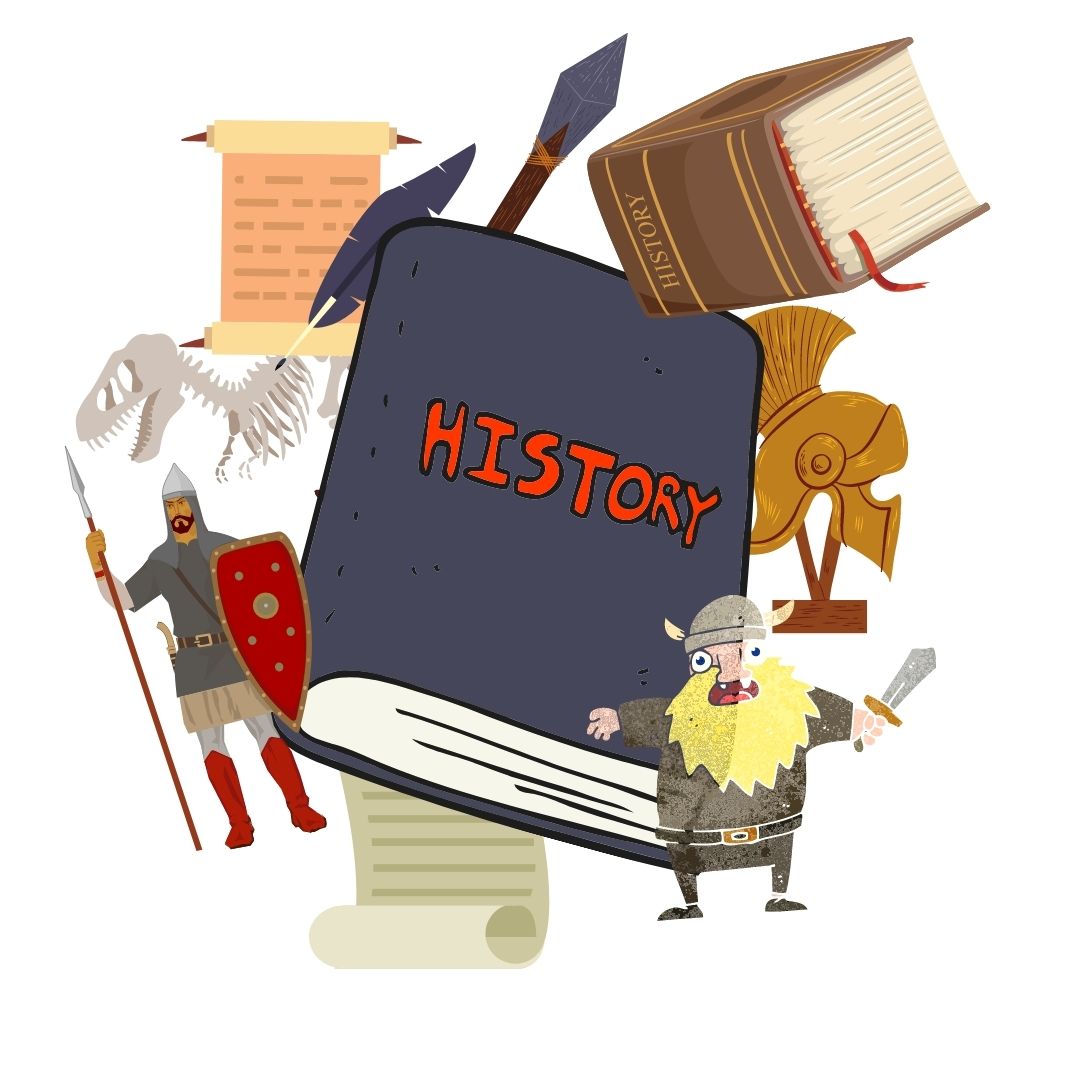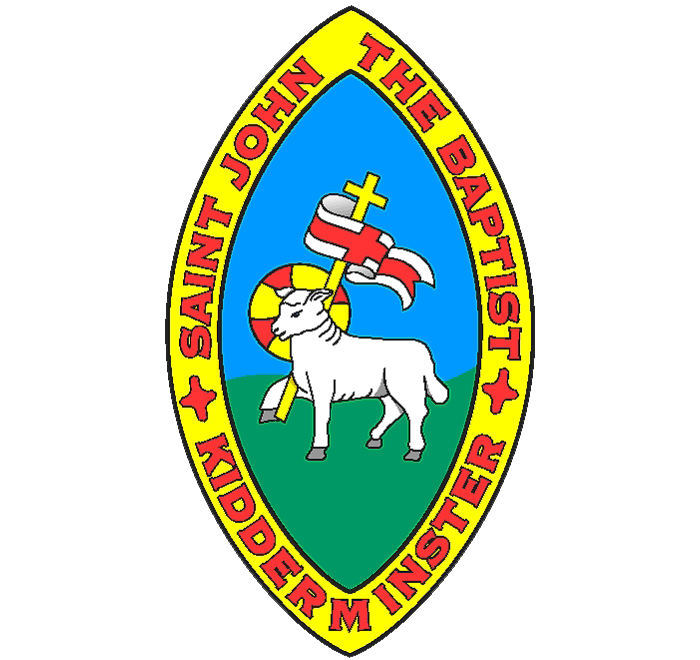History

Our vision:
“Shaping Lives, Shaping Futures”
“Start children off on the way they should go, and even when they are old, they will not turn from it” Proverbs 22:6
The importance of history to the curriculum
History fires children’s curiosity about the past in Britain and the wider world. Children consider how the past influences the present, what past societies were like, how these societies organised their politics, and what beliefs and cultures influenced people’s actions. As they do this, children develop a chronological framework for their knowledge of significant events and people. They see the diversity of human experience, and understand more about themselves as individuals and members of society. What they learn can influence their decisions about personal choices, attitudes and values. In history, children find evidence, weigh it up and reach their own conclusions. To do this, they need to be able to research, sift through evidence, and argue for their point of view – skills that are important in adult life.
Historical study gives children the opportunity to use and extend their reading and research skills. They can develop investigative and deductive powers through the study of artefacts and other resources. Through discussion, they can improve speaking and listening skills and begin to use critical analysis. Their interpretation of opinion and fact can help to extend reasoning skills beyond the literal. History gives the opportunity for a range of different teaching and learning styles. Group work will encourage co-operation and differentiated work will help individual children use and develop skills at their own level. It lends itself to drama, role-play and music as well as making meaningful links to other subject areas.
Statement of Intent for History
Our vision is to teach history through enquiry based learning, which encourages critical thinking, enhances the ability to weigh evidence and generate debates, develop chronological understanding and allow pupils to develop their sense of perspective. Every history unit begins with an over-arching key question that pupils will be able to answer at the end of the sequence of learning. In Key Stage 2, history units are taught in chronological order so that pupils are able to build up a mental timeline and increase their chronological understanding. This enables pupils to place their learning within the bigger picture and makes it easier to remember historical people, periods and events
Pupils will have the opportunity to:
- Explore a range of periods, significant people and events throughout history in chronological order.
- Present their work in creative and imaginative ways such as art, drama and music.
- Grow in confidence to ask and answer their own historical questions.
- Develop their critical skills of historical inquiry to enable pupils to be active, informed and responsible citizens.
- Look at how history has shaped the world we live in today and how the lessons learnt can affect our decisions in the future.
- Pupils will develop their knowledge and understanding of the past to fully appreciate themselves and contribute effectively in their society.
- Become a respectful citizen, showing empathy and understanding of all opinions.
Knowledge Organisers
Year 1
Year 2
Year 3
Please select the buttons below to access the Knowledge Organiser.
Year 4
Please select the buttons below to access the Knowledge Organiser.
Year 5
Year 6
Please select the buttons below to access the Knowledge Organiser.
